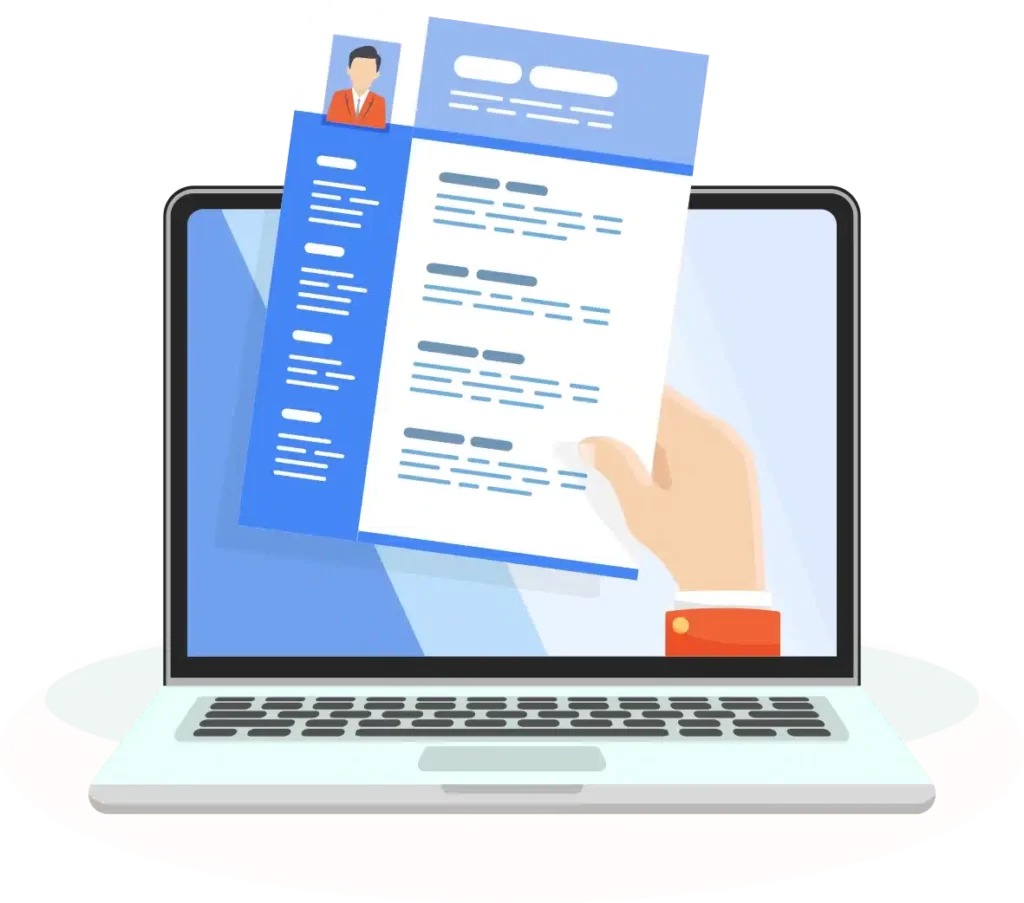How Do Paid Vacations Work in the Netherlands?
When it comes to employment benefits, few things are as important as paid vacation days. In the Netherlands, paid vacation is not just a perk—it is a legal right. Understanding how paid vacations work in this country can help expatriates and locals alike navigate their work-life balance more effectively. This article will explore the framework governing paid vacations, elaborate on the types, and offer recommendations for both employees and employers in navigating this essential benefit.
The Legal Framework of Paid Vacation in the Netherlands
Mandatory Vacation Days
Under Dutch law, every employee is entitled to a minimum number of paid vacation days. This entitlement is mandated by the Dutch Civil Code, specifically Article 7:634. The basic framework outlines that full-time employees are eligible for a minimum of four times the weekly working hours in vacation days per year. For instance, if an employee works a standard 40-hour week, they are entitled to at least 20 vacation days annually.
But it’s important to note that this is merely the minimum guideline. Many employers provide additional vacation days beyond the statutory requirement, known as "extra vacation days". These additional days are often part of the employment contract or collective labor agreement (cao).
Accruing Paid Vacation Days
Paid vacation days in the Netherlands are accrued over time, meaning that employees gain vacation entitlement gradually as they work throughout the year. For example, if an employee works for six months of a calendar year, they would accumulate half of their annual vacation entitlement. This accrual generally occurs monthly, and once a month has passed, employees can expect to have additional paid vacation days reflected in their work records.
It’s also crucial to bear in mind that unused vacation days can sometimes expire. Employees usually have a calendar year, plus six months into the following year, to use their vacation days unless otherwise stipulated in their contracts or agreements. After this period, unused vacation days may be forfeited.
Tracking and Requesting Vacation Days
In the Netherlands, tracking vacation days is generally the responsibility of the employer, who should maintain accurate records. Employees must request vacation days in writing, usually through an HR platform or via email.
Employers are required to respond to these requests, but they are not obligated to grant every request. However, they must consider the needs of employees alongside the operational needs of the business. If a request is denied, employers are encouraged to provide an explanation.
Types of Vacation Days
Statutory Vs. Non-Statutory Vacation Days
As previously mentioned, vacation days in the Netherlands can be categorized into statutory and non-statutory (or extra) days:
-
Statutory Days: The legally required minimum of four times the weekly working hours. This is non-negotiable under Dutch law.
-
Non-Statutory Days: Any additional days offered by the employer beyond the statutory minimum. These can often be a selling point for potential employees during the hiring process.
Special Circumstances for Vacation Days
Certain situations may affect vacation days, such as parental leave, sickness, or other personal circumstances:
-
Parental Leave: Employees on parental leave can still continue to accrue vacation days, ensuring that they do not face a loss of this important benefit during times of family obligations.
-
Sick Leave: If an employee is off work due to illness, they can still accrue vacation days during this period. This is vital for supporting employees during challenging personal circumstances.
-
Job Changes: If an employee leaves their job, any outstanding vacation days must be compensated in cash. Employers must account for and pay out any accrued vacation days upon departure.
Recommendations for Employees and Employers
For Employees
-
Understand Your Entitlements: Familiarize yourself with your employment contract and the specific labor agreements that may apply to your sector or organization. Knowing your rights can help you maximize your benefits.
-
Plan Ahead: Try to plan your vacations in advance. Avoid waiting until the last few months of the year to use your vacation days, as they might expire.
-
Communicate Openly: Proactively communicate with your employer about your vacation plans. Provide sufficient notice when requesting vacation days to ensure a smooth approval process.
-
Keep Track of Your Days: Maintain a record of your accrued and used vacation days to avoid surprises. Many employers will provide statements, but it’s always beneficial for employees to maintain their own logs.
For Employers
-
Promote a Healthy Work-Life Balance: Encourage employees to take their entitled vacation days through company culture. This not only benefits the employees but can also improve productivity and morale within the workplace.
-
Maintain Clear Records: Implement an HR system that accurately tracks vacation days. This ensures that employees are aware of their entitlements and helps avoid disputes.
-
Be Flexible: Consider being flexible in granting vacation requests, especially during busy periods. A clear strategy for managing time off can help balance employee needs with business operations.
-
Communicate Policies Clearly: Ensure that vacation policies are clearly stated in employment contracts and are readily accessible for employees. This transparency can prevent misunderstandings regarding entitlements.
Conclusion
Understanding how paid vacations work in the Netherlands is essential for both employees and employers. The framework established by Dutch law provides a strong basis for ensuring that workers are entitled to time off while also encouraging corporate responsibility to promote a healthy work-life balance.
Furthermore, as workplaces evolve, keeping ahead of changes in labor laws or company policies regarding vacation days will be advantageous for both parties. Being proactive and informed can lead to better outcomes, easing the burden that comes with planning time off.
On a related note, if you're looking for an exemplary way to present yourself in the job market, we offer an effective CV template based on the renowned Harvard model. This includes comprehensive guidelines and recommendations for crafting your CV. You can find this resource on our website: Download the Perfect CV According to Harvard.
By making the most of vacation entitlements and understanding your rights and responsibilities, you can create a more fulfilling and balanced professional life in the Netherlands.





